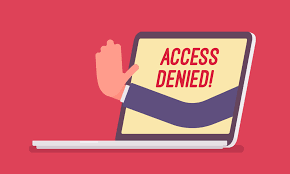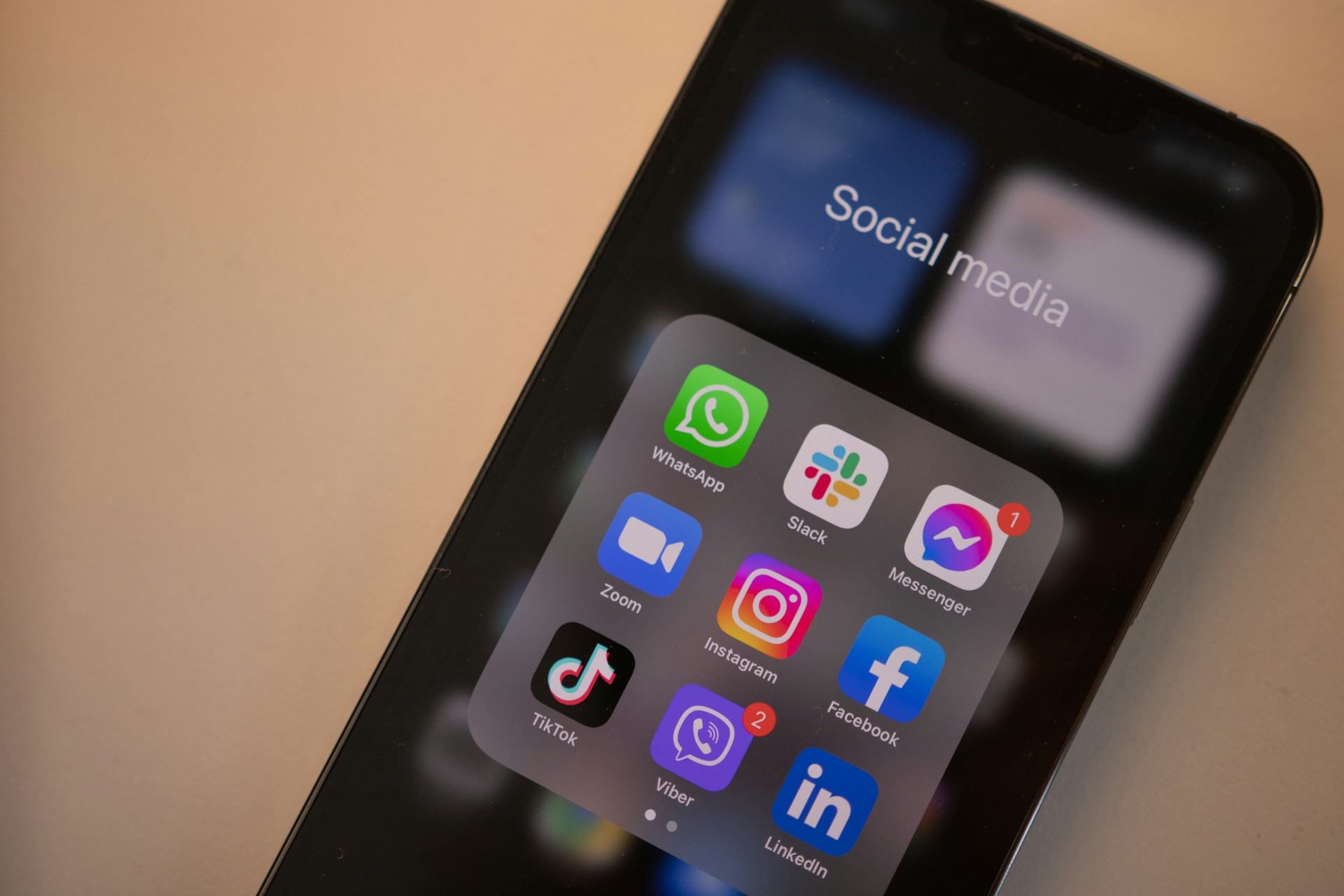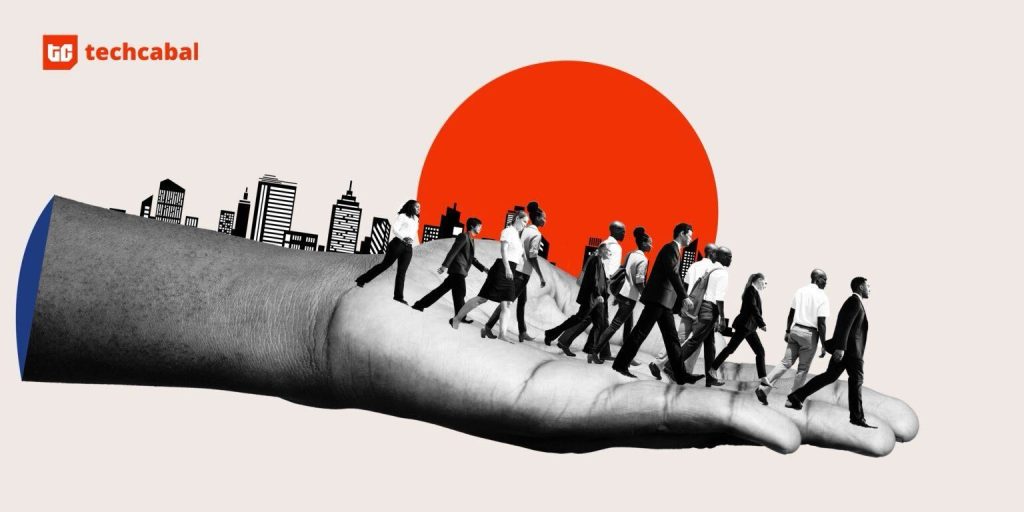On July 2, 2020, my colleague, Muyiwa, sent a WhatsApp message to Naol, his acquaintance who lives in Ethiopia. She received his message 9 days later because her internet had been cut by the government.
One thing is common when African citizens/residents take to the streets to protest bad governments: social media regulations are imposed and their internet gets shut down for extended time periods.
Uganda is gearing up for its presidential and parliamentary elections on Thursday, January 14th, but the government is restricting people from using any social media platform or messaging apps until further notice.
In the middle of an election, what is the worst that could happen if all Ugandans are unable to access popular social media and messaging apps?
While some Ugandans anticipated these restrictions a few days ago and came up with hashtags to create ways for people to bypass the imminent social shutdown, we have seen this scenario play out in other African countries over the years.
Internet shutdown in Tigray, Ethiopia
Weeks of unrest in Ethiopia were sparked by a tribal feud between Tigray, a powerful region of the country, and the federal government.
Following this development, mobile networks, fixed-line internet, and landline telephones were cut in Tigray, shortly after the government ordered a military intervention during the lingering tribal crisis.
In July 2020, Ethiopia shut down the internet for about a month after deadly protests that followed the assassination of activist and popular musician, Hachalu Hundessa.
In 2019, there was an information blackout following a coup attempt to unseat the regional government in the north of capital Addis Ababa. The shutdown was in effect for over 100 hours and left the country largely offline for ten days.
Shutting down the internet has been a common tactic the Ethiopian government has used to prevent the spread of violence nationwide, at least so they claim.
Interestingly, the Ethiopian government has also claimed to use internet restriction to curb cheating during school exams. The authorities say that internet use drives ethnic unrest, largely aiding the circulation of misinformation.
According to reports, each day the internet remains shut down in Ethiopia, the country runs up a bill in excess of $4.5 million USD in terms of economic impact to GDP. The effect of internet disruption – in this case, social media – goes beyond the obvious breach of fundamental human rights but also affects the ease of doing business, and contributes to revenue loss for online businesses. revenue loss for people whose businesses are on social media.
Social media bill in Nigeria
The Nigerian government is yet to impose an internet shutdown on its citizens but an Anti-social Media Bill titled ‘a Bill for an Act to Prohibit Frivolous Petitions and other Matters Connected therewith’ introduced by Senator Bala Ib Na’Allah caused a stir among Nigerians. After the bill passed second reading, President Buhari did not sign it into law. In his defense, he said he couldn’t “assent to any legislation that may be inconsistent with the constitution of Nigeria”, claiming that the bill was against the democratic idea for free speech.
On November 5, 2019, the bill was reintroduced to criminalise the use of social media in peddling false or malicious information. The bill was renamed “Protection from Internet Falsehood and Manipulations Bill 2019.”
In the heat of the EndSARS protests, the Nigerian government launched another campaign to regulate social media and reintroduced the aforementioned bill. This time they aimed to shut down the internet at will.
It was made clear that anyone who fell short would have to face certain penalties. Internet providers who did not comply would pay a ₦10 million fine or face a three-year jail term. Also, a ₦300,000 fine would be imposed for making statements that “diminish public confidence” in the government. This new version of the bill is just a few steps away from becoming law.
An internet shutdown is not cheap
In 2016, Ethiopia also imposed restrictions on movement and internet usage, which cost the country about $500,000 every day in lost GDP. In 2019, there were 25 documented cases of total or partial internet shutdown in Africa.
Data shows that 759 days (18,225 hours) of internet disruptions cost the global economy a staggering $8.05bn in 2019 and Sub-Saharan Africa countries lost about $2.16bn.
Zimbabwe, Togo, Burundi, Chad, Mali and Guinea also controlled access to the internet or social media at some point in 2020.
Chad lost $125.9m when the government blocked social media access for 4,728 hours (197 days) while Ethiopia lost $56.8m in its fourth consecutive internet shutdown which lasted 14 days. Sudan incurred the highest cost when the government shut down the internet for 65 days.
African leaders seem oblivious to how much they are costing their countries with these shutdowns. The restrictions seek to silence the voices of citizens, which is against their constitutional human rights, freedom of speech and expression.




















